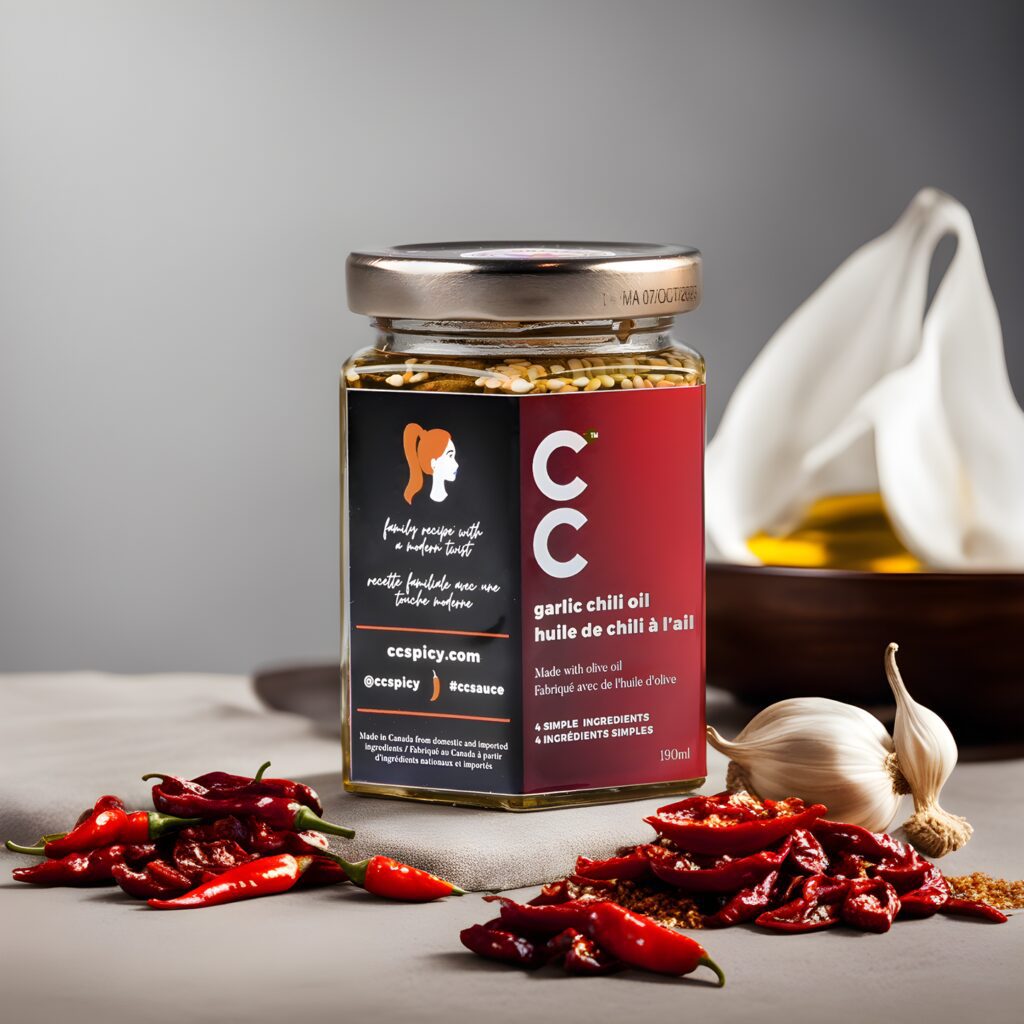Olive oil is a versatile and healthy ingredient that can elevate your culinary creations. It contains monounsaturated fats that can help maintain healthy cholesterol levels and reduce the risk of heart disease and stroke. Olive oil is also packed with antioxidants and polyphenols that protect against chronic diseases and have anti-inflammatory properties. Additionally, it contains vitamin K, which promotes blood clotting and bone health. Olive oil enhances taste and texture, can be used for sautéing and frying, and is a great dressing and dipping option. When choosing olive oil, opt for extra virgin oil and consider its origin and harvest date for the best quality. Overall, olive oil is a culinary masterpiece that adds depth, flavor, and health benefits to your dishes.
Olive Oil: The Secret Ingredient to Elevate Your Culinary Creations
Nutritional Value of Olive Oil
Olive oil is not only a versatile and delicious ingredient but also packed with a range of essential nutrients that can benefit your health. Here are some of the key nutritional components found in olive oil:
Monounsaturated Fats
Olive oil is rich in monounsaturated fats, which are considered good fats that can help maintain healthy cholesterol levels. These fats have been associated with a reduced risk of heart disease and stroke.
Antioxidants
Olive oil is loaded with antioxidants, including vitamin E and various phenolic compounds. These antioxidants can help protect your body against oxidative stress caused by free radicals, reducing the risk of chronic diseases such as cancer and Alzheimer’s.
Polyphenols
Polyphenols are powerful plant compounds found in olive oil that have anti-inflammatory properties. They play a crucial role in reducing inflammation in the body, which is linked to many chronic conditions such as diabetes, obesity, and arthritis.
Vitamin K
Olive oil contains vitamin K, an essential nutrient that plays a crucial role in blood clotting. It helps your body form blood clots to prevent excessive bleeding and promotes bone health by aiding in calcium absorption.
The Culinary Delight: Olive Oil
Besides its nutritional benefits, olive oil is a versatile ingredient that can enhance the flavor and texture of your culinary creations. Here are some ways olive oil can take your cooking to the next level:
Enhancing Taste
Olive oil adds a unique and distinct flavor to any dish. Whether it’s a drizzle over a salad, a marinade for meat, or a dressing for pasta, olive oil elevates the taste and adds a delicate richness to your food.
Improving Texture
When used in baking or cooking, olive oil can create a moist and tender texture in your dishes. It can replace butter or other oils in various recipes, making them healthier while maintaining a delicious outcome.
Sautéing and Frying
Olive oil’s high smoke point makes it ideal for sautéing and frying. Unlike other oils, olive oil can withstand high temperatures without breaking down, preserving its nutritional value and adding a hint of Mediterranean aroma to your dishes.
Dressing and Dipping
Olive oil shines as a dressing for salads or a dipping option for bread. Its smooth and silky texture, combined with its fruity and peppery notes, adds depth to your salads while providing heart-healthy benefits.
Choosing the Right Olive Oil
When it comes to selecting olive oil, there are a few things to consider to ensure you’re getting the best quality:
Extra Virgin Olive Oil
Extra virgin olive oil is considered the highest quality olive oil. It is made from pure, cold-pressed olives without any chemical processing, preserving its natural flavors and health benefits. Look for bottles that are labeled “extra virgin” to ensure you’re buying the finest product.
Origin
Consider the origin of the olive oil. Different regions have distinct olive varieties and flavor profiles. You may explore oils from various countries to find the taste that suits your preferences and complements your dishes.
Harvest Date
Check the harvest date on the bottle. Fresh olive oil tends to have a brighter, more vibrant taste. It’s advisable to choose oils harvested within the last 12 months for optimal flavor and quality.
In conclusion
Olive oil is not just a cooking ingredient; it’s a culinary masterpiece that can add depth, flavor, and health benefits to your dishes. From its monounsaturated fats and antioxidants to its ability to enhance taste and texture, olive oil truly is a secret ingredient that can elevate your culinary creations. So, don’t shy away from incorporating this Mediterranean gem into your kitchen and explore the endless possibilities it offers.
